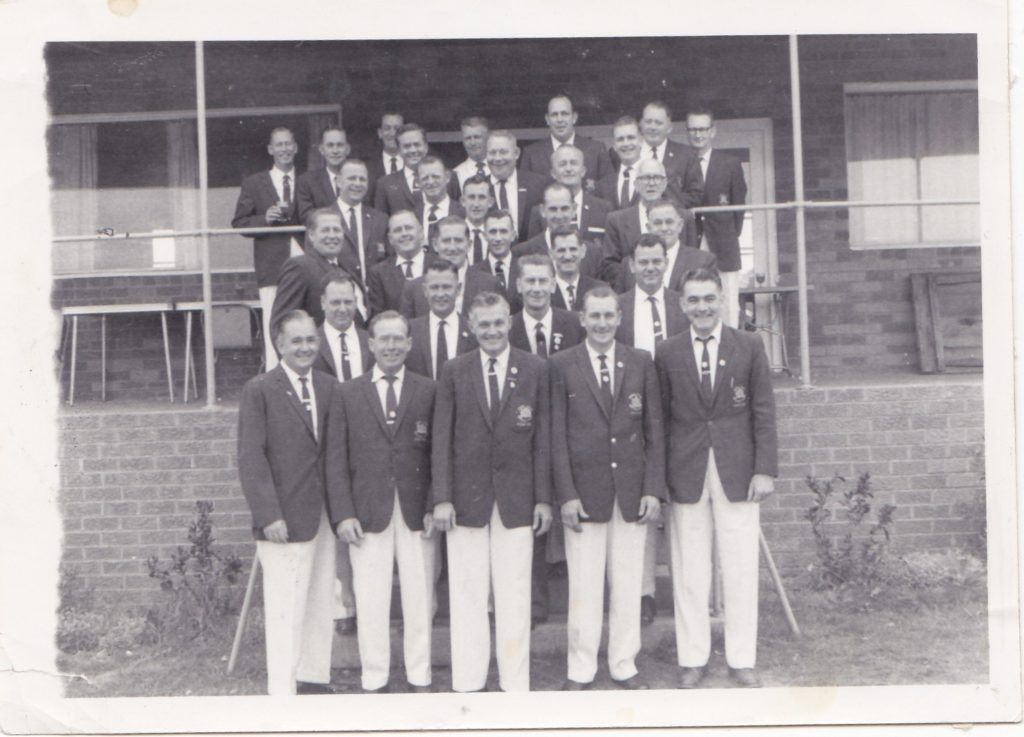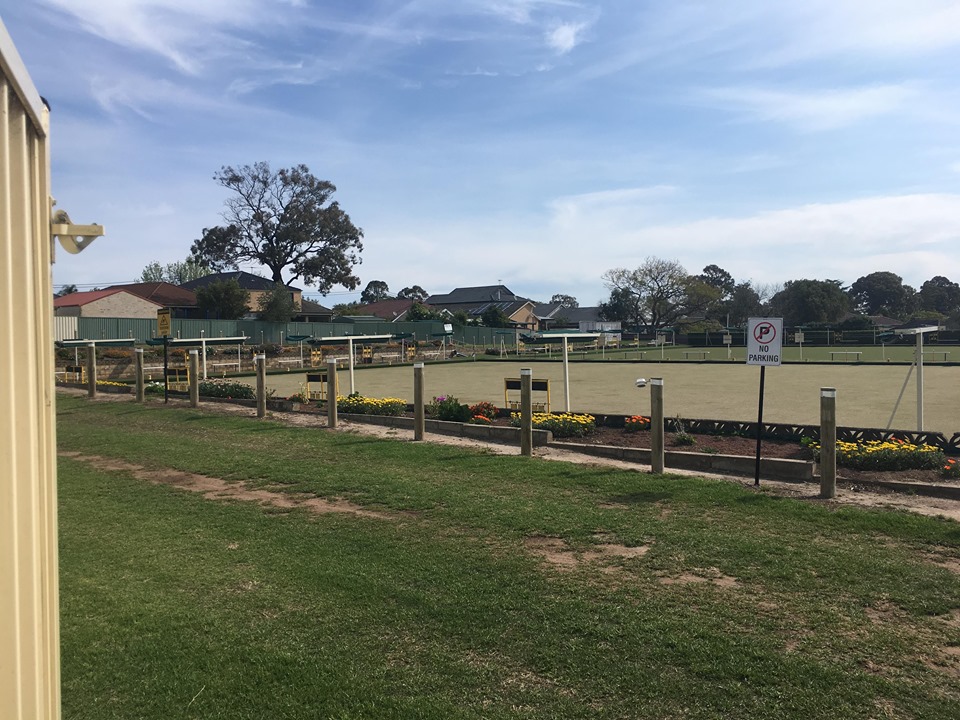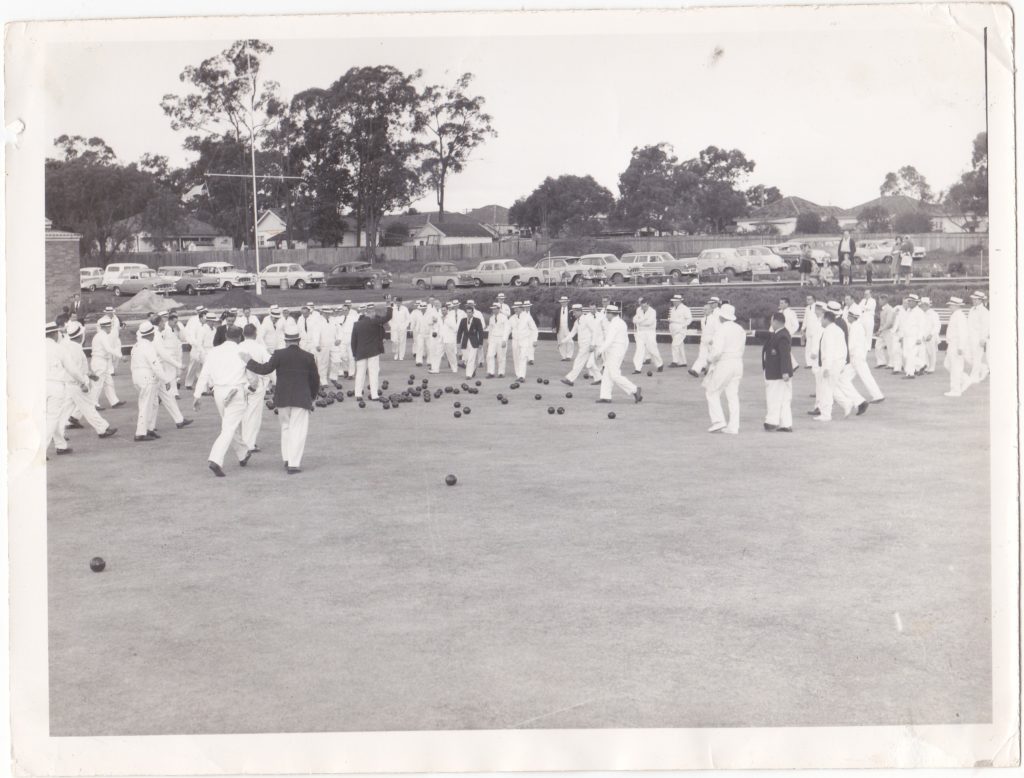For my project I’ve decided to stick my head over the fence.
The founding date of the Picnic Point Bowling and Social Club is debatable to say the least. It could be marked down as the opening of the first greens in March 1962 or perhaps even registration with the Royal Bowling Association in 1957. Personally, I think the strongest case to be made is for somewhere in the mid-1950s when the Club’s founding members gathered out the back of a Lambeth Street store to play darts, drink beer, and do anything but play bowls.

While in the six or so decades since then bowling has certainly shifted to the forefront of the Club’s identity (for reasons both legal and otherwise), this culture of mateship for mateship’s sake has remained at the group’s core. Located a little ways north of the George’s River, the Club is now home to the Men’s Bowls, Women’s Bowls and a number of other sub-clubs including the Picnic Point Darts, Golf and Fishing Clubs. As the hub for all these groups, the Club has become a centre for the smaller, local community of Picnic Point and Panania, with my own family included among its numbers.
My connection to the Club and its history is one that began fourteen years ago when my family moved into a house bordering the greens. My dad’s involvement quickly developed to the point where a gate leading exclusively to the Club appeared in our back fence and the initially two minute-long walk became thirty-seconds. Having seen it go through celebrations and hardships, and evolve in the years I’ve known it, I’m excited by the prospect of helping the Club utilise its history and solidify its identity today.

Although not set in stone, the ultimate goal of my project will be to compile and organise the history of the Picnic Point Bowling and Social Club in various formats, the most prominent being recorded oral history interviews.
Currently, I’ve been reading through old Club meeting minutes and documents to get a grasp on an overarching historical narrative – this has been aided exponentially by an unfinished history written by a former member (who I’m hoping to get in contact with for permission to use his work) and archival research through TROVE and local newspapers. If time permits, I’d like to additionally digitize and catalogue these original minutes/documents as well as a number of photographs that have also been made available to me. Another major task I hope to undertake is recording oral interviews with some of the Club’s oldest members, to be both informed by the history I’ve uncovered and to expand upon it further.
The final form this project will take is still being decided upon. I endeavour to have the interviews compiled into a video that the Club can use at their discretion and the written history also as a standalone resource. Ideally, by the end I’d like to update the Club’s website with their expanded history and embed the video interviews within the same page. I may further include a photograph slideshow with labelled pictures from important moments in the Club’s history.

At its heart, the entire basis of my project is in facilitating the Club’s understanding of its history and attempting to help this history be utilised in the most effective way possible. Amidst the declining popularity of lawn bowls in Australia, I truly believe that this history and the Club’s identity will be the key to its future.
